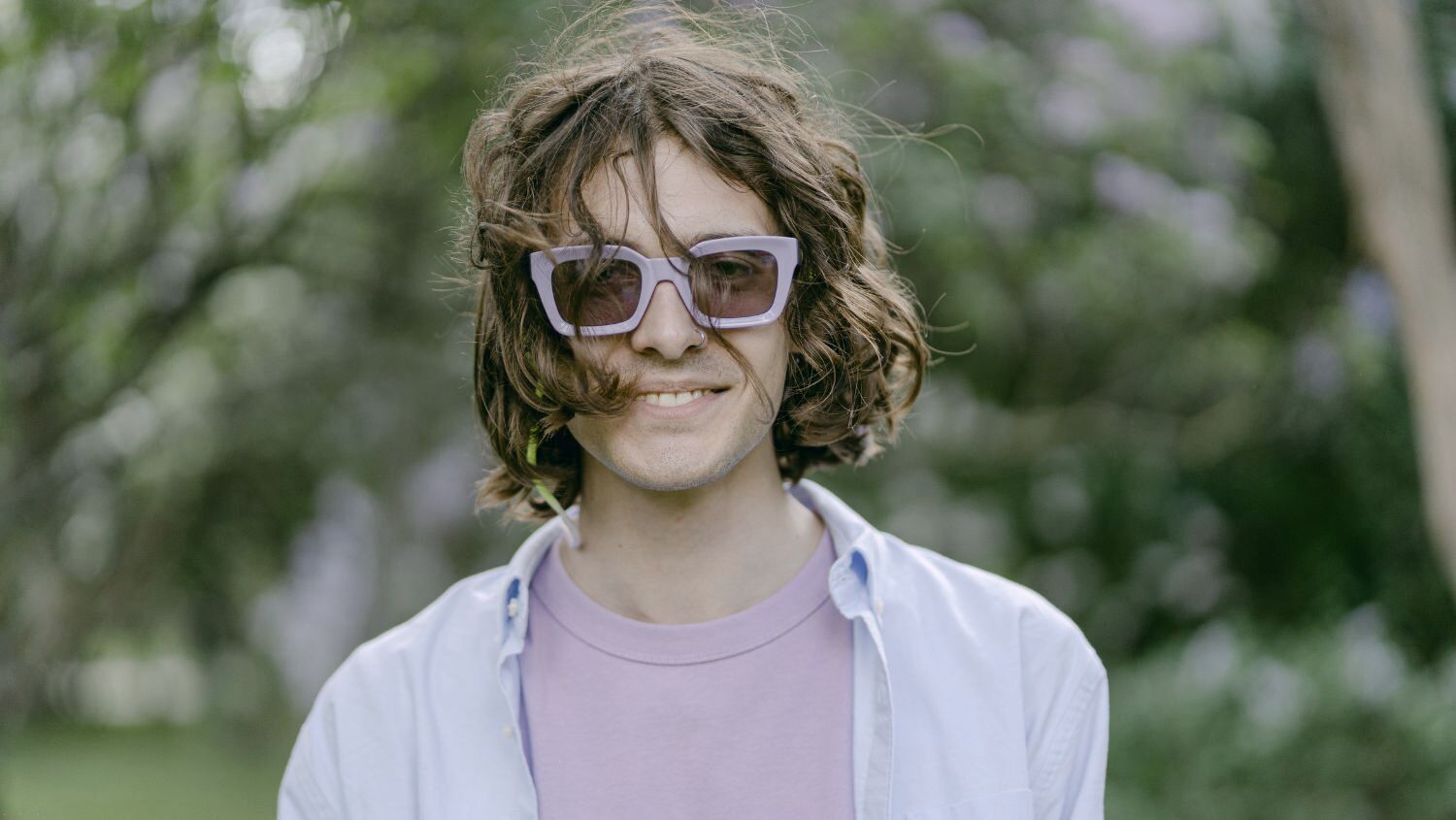Hair salons in NYC are more than just locations to get a trim; they function as important community centers that help shape neighborhood identity and nurture connections among residents. These businesses have a rich heritage in city settings, serving as gathering spots where people from diverse backgrounds come together. In many areas, barbershops are often the initial venue where clients can participate in conversations about local issues, share stories, and build relationships. This distinct role makes barbers not only talented professionals but also community curators who contribute to the social fabric of their communities.
The environment in a barbershop is often lively and inviting, creating a setting where clients feel comfortable expressing themselves. Barbers are known for their ability to connect with clients, often participating in talks that span from sports to politics. This engagement helps to create a feeling of belonging among patrons, as they share their stories and viewpoints. In many instances, barbershops reflect the cultural diversity of the neighborhoods they serve, displaying different haircuts, grooming techniques, and even music that resonate with the local community. This social exchange enriches the experience for everyone involved and bolsters community ties.

Barbershops also have a significant role in maintaining cultural heritage. Many barbers have been educated in particular techniques that are transmitted through ages, guaranteeing that unique looks and practices are not lost over time. For example, certain haircuts and grooming methods may be tied to cultural heritage, allowing individuals to show their identity through their look. By upholding these traditions, barbershops help to preserve cultural stories alive, providing a sense of pride and connection for local members.
In furthermore to their cultural significance, barbershops often engage in community outreach and assist local causes. Many barbers take an proactive role in addressing social issues, such as education and health awareness, by hosting events or providing resources to their clients. This involvement demonstrates a dedication to the health of the neighborhood and encourages a feeling of responsibility among barbers. By using their platforms to promote positive change, barbershop with local artists barbershops become essential players in the local area, further reinforcing their role as cultural curators.
Overall, barbershops in NYC serve as crucial places for cultural interaction, community building, and identity formation. They provide a unique environment where individuals can connect, exchange, and honor their varied backgrounds. As community curators, barbers not only shape the way people present themselves but also influence the broader community dynamics. By understanding the importance of these establishments, we can appreciate the vital role they have in building connections and preserving cultural heritage in urban settings.